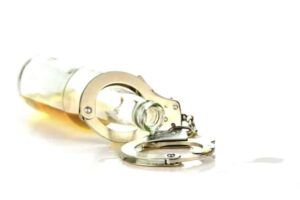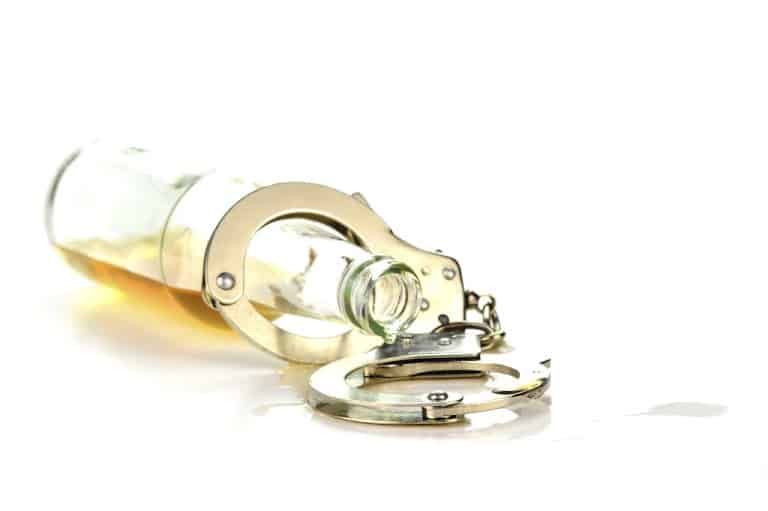 As more and more states pass legislation requiring ignition interlock devices for all offenders, one state is slowly working its way to stronger interlock laws while another is watching as their law appears dead in the water.
As more and more states pass legislation requiring ignition interlock devices for all offenders, one state is slowly working its way to stronger interlock laws while another is watching as their law appears dead in the water.
Two senators from New Jersey are seeking an all offender ignition interlock law for their state. Introduced as House Bill S 385, it would improve the current law that requires ignition interlocks for all repeat and first-time drivers convicted of driving under the influence (DUI) with a blood alcohol concentration (BAC) of .15 or greater. With the passing of the bill, all offenders with a BAC of .08 to .14 would have to use the ignition interlock for a period of 3 to 12 months. If the offender drives drunk during the last 1/3 of their interlock program, their time using the ignition interlock will be extended.
The bill would also allow for judge’s discretion if there were aggravating factors added to the DUI. The judge will be able to decide if a complete driver’s license suspension is a better option for that offender and refuse to allow him or her a restricted license or the privilege of installing the interlock device.
While New Jersey’s bill is up in the air, North Dakota’s ignition interlock bill has come crashing down after it was defeated in the House with a vote of 76 to 16. Current DUI laws in North Dakota require drinking drivers to pay fines, lose their driver’s license, and may be required to install an ignition interlock at the judge’s discretion. The new bill would have made ignition interlock devices a mandatory part of the state’s 24/7 sobriety program.
It’s hard to argue with the data supporting ignition interlock devices, and it has been proven that ignition interlock devices reduce the likelihood a drunk driver will drive again by up to 67%. That’s why its surprising North Dakota’s bill has been vetoed. Maybe if New Jersey becomes the latest state on board with an all offender ignition interlock requirement, North Dakota will take another hard look at its own laws.
